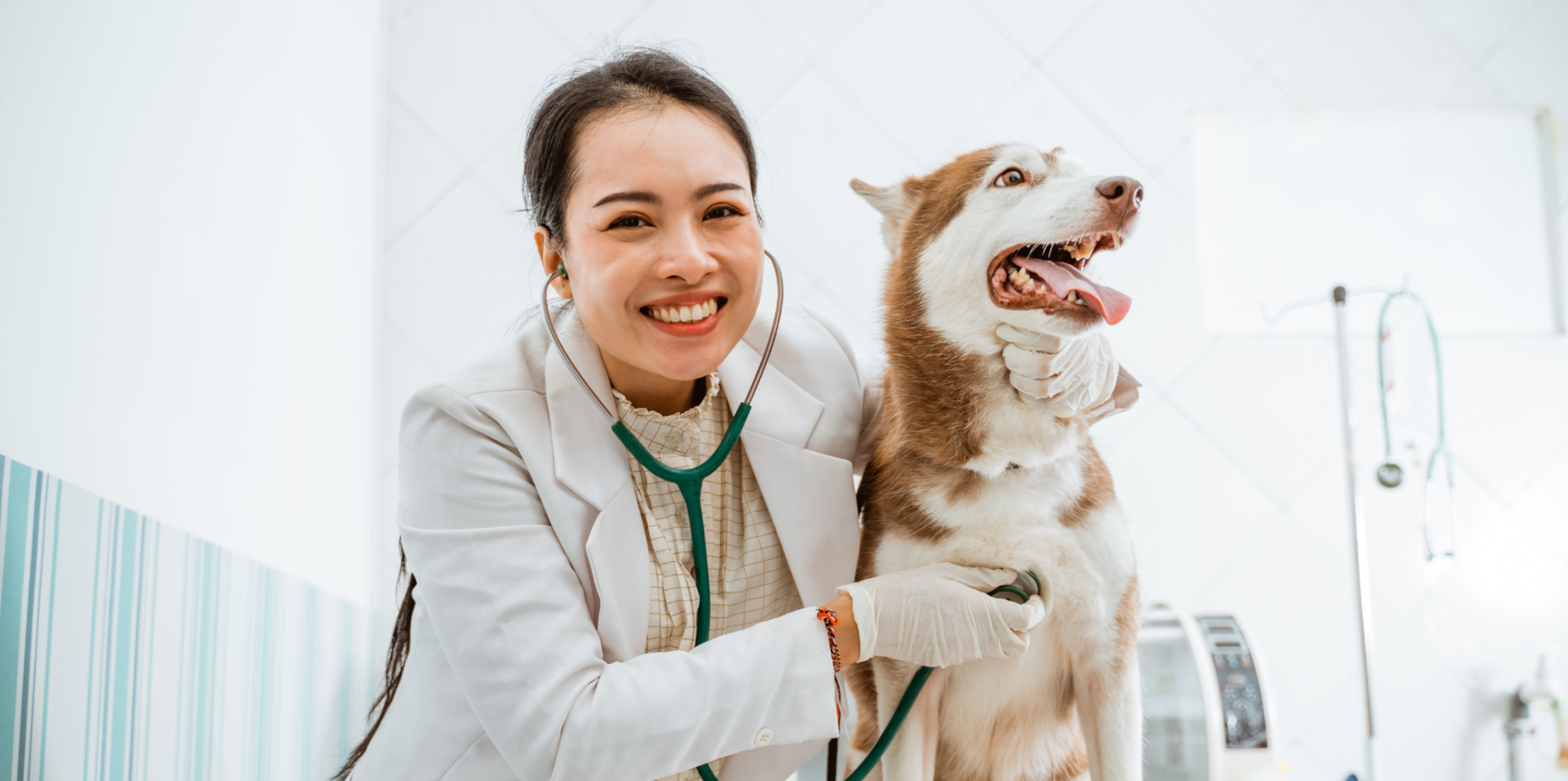Pets With A Mission, Inc.: Veterinary Specialists
Have you noticed that veterinary care is very similar to human healthcare? My local veterinarian said that he views his veterinary practice as similar to that of a primary care physician. A local veterinarian does many things. They perform examinations and give injections. They conduct basic laboratory tests such as simple blood tests, heartworm tests, and test for several feline diseases. They diagnose and treat many conditions and illnesses. They can provide some basic information about pet nutrition and animal behaviors. Local veterinarians can interpret some information on radiographs (x-rays). Local veterinarians perform spay and neuter surgeries, set broken bones, and suture wounds.
But most local veterinarians do not provide around-the-clock care for their clients nor do they perform very complex surgeries. Often, they rely on a Veterinary Radiologist to provide detailed information and diagnoses from radiographs or ultrasounds. When necessary, they may refer clients to veterinary specialists such as Cardiologists, Dentists, Oncologists, or Ophthalmologists. There are more than forty recognized veterinary specialist fields. Some other veterinary specialties are: Behavior, Dermatology, Dentists, Emergency and Critical Care, Internal Medicine, Neurology, Nutrition, Pathology, Sports Medicine and Rehabilitation, and Surgeons.
Just like physicians, students who want to become veterinarians complete a four-year undergraduate degree at a college or university followed by four years of veterinary school. After they graduate as veterinarians, they undergo a year-long internship to further develop their practical skills. For those individuals who want to specialize, there are one to three more years of residency training in their chosen specialty and examinations before they can become board certified veterinary specialists.
Some veterinarians are not board certified specialists but they have an interest in a particular area of veterinary medicine, such as pet nutrition. They may have studied journal articles on the subject, explored scientific studies related to the topic, and attended seminars about nutrition to increase their personal knowledge to better serve their clients. But they also realize that there will be times that making a referral to or working with a board certified veterinary specialist will be in the best interest of an animal in their care.
A floppy-eared dog developed a hematoma on her ear. The floppy part of the ear (pinna) filled with fluid and caused her pain. The local veterinarian opened up the ear, drained the fluid, flushed the ear, and closed the incision and inserted a small drain tube. The drain was removed and the ear healed except for the location of the drain. Next, he made a small incision around the drain area and restitched it after inserting a new drain tube. Time passed and everything healed except the drain location. During a follow-up visit, our veterinarian called a fellow veterinary surgeon to discuss the unhealed drain situation. The surgeon suggested closing the area without inserting a drain tube. Even though it was not standard procedure for an ear hematoma, that worked. Specialists can be a great resource for local veterinarians.
Freckles was taken to the local veterinarian because she had no energy for a few days. A local blood test revealed that her red blood cell count was 14% when it should have been about 40% based on her size. The local vet referred us to the Small Animal Hospital at Texas A& M University. Freckles was checked in through the emergency room and admitted to the Intensive Care Unit (ICU). She was cared for by a Veterinary Emergency and Critical Care specialist and their team. She was diagnosed with a life threatening condition, Immune Mediated Hemolytic Anemia. After she was given a transfusion and a variety of medicines, her condition improved. On day four, she was moved out of ICU and into a regular hospital space. By day eight, her red blood count had increased to 29% and she was able to go home. She continued receiving medications from her local veterinarian with monitoring by the Small Animal Hospital for another six months. Her blood count returned to normal. She lived for another six years and she never had a reoccurrence. The strange thing was that there were so many similarities to human medicine from starting with her primary care physician, referral to the ER for check in, a stay in ICU, transfer to a standard room on a hospital floor and treatment by veterinary specialists.
In less than a week, Dottie changed from a seemingly healthy six year old dog to having a swollen body that made her look like an overstuffed sausage. The accumulation of fluids in her body made it difficult for her to walk and breath. The local veterinarian diagnosed her with a heart condition. The next day a specialist performed an ultrasound to determine the extent of her condition. During the ultrasound, the veterinarian removed fluid from the sac around the heart. She was put on heart medications and sent home. For ten days she looked and felt better. Then, the fluids returned because she did not respond well to the medications. A second ultrasound revealed an inoperable tumor on her heart. While the outcome was not good, a Veterinary Radiologist was essential in providing important information about her heart condition.
My grandmother walked a mile in her neighborhood every day for years. At the end of the block lived a lady who had a cat and the cat had dental braces. Since most local veterinarians provide dental care limited to teeth cleanings and tooth extractions, the braces must have been installed by a Veterinary Dentist. Granny never found out why the cat had braces but it was a definite curiosity.
Local veterinarians are the primary care physicians for our pets. They are skilled and knowledgeable. However, there are times when more expertise is needed and a veterinary specialist joins the care team. Specialists are a valuable asset for our pets and for fellow veterinarians.





